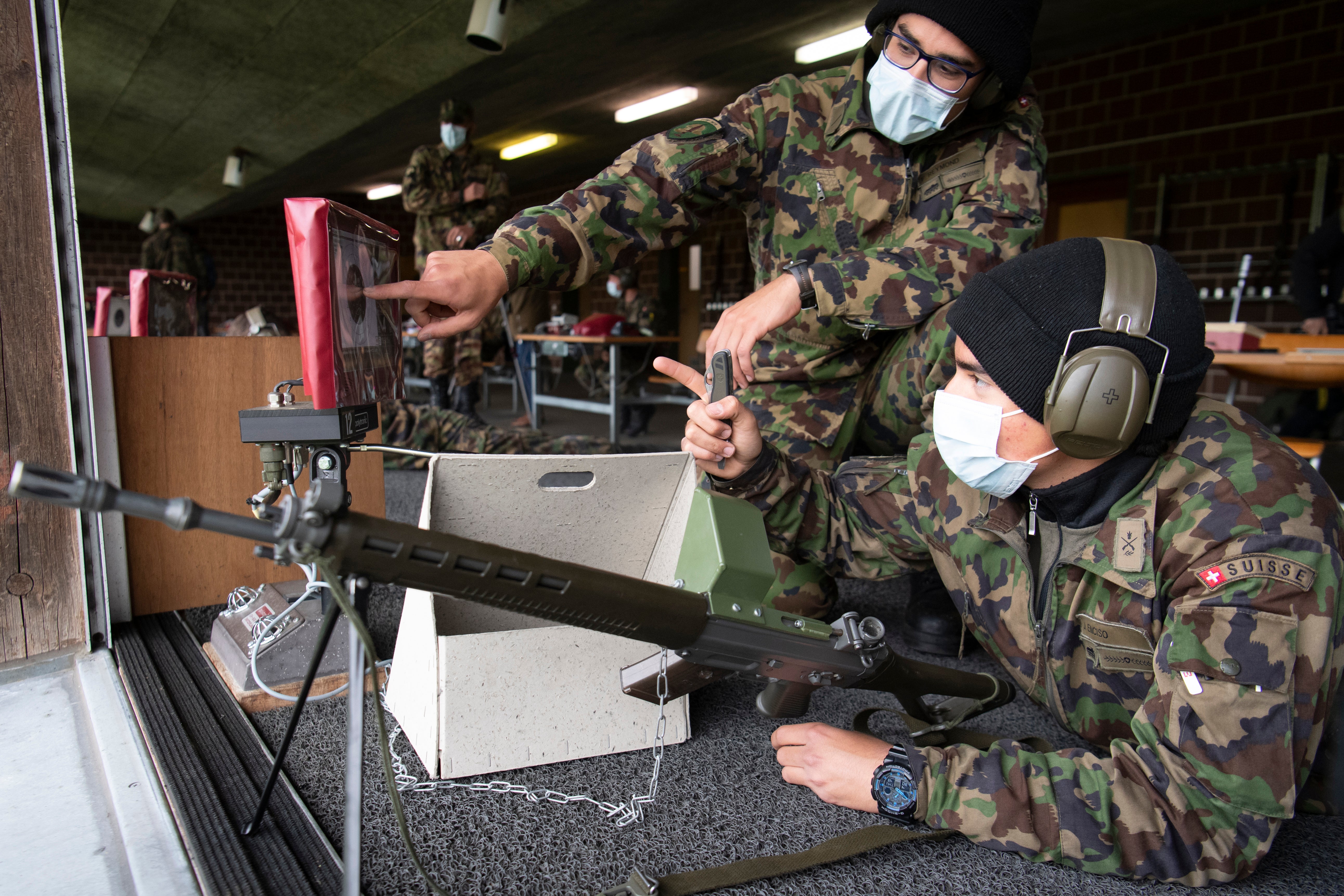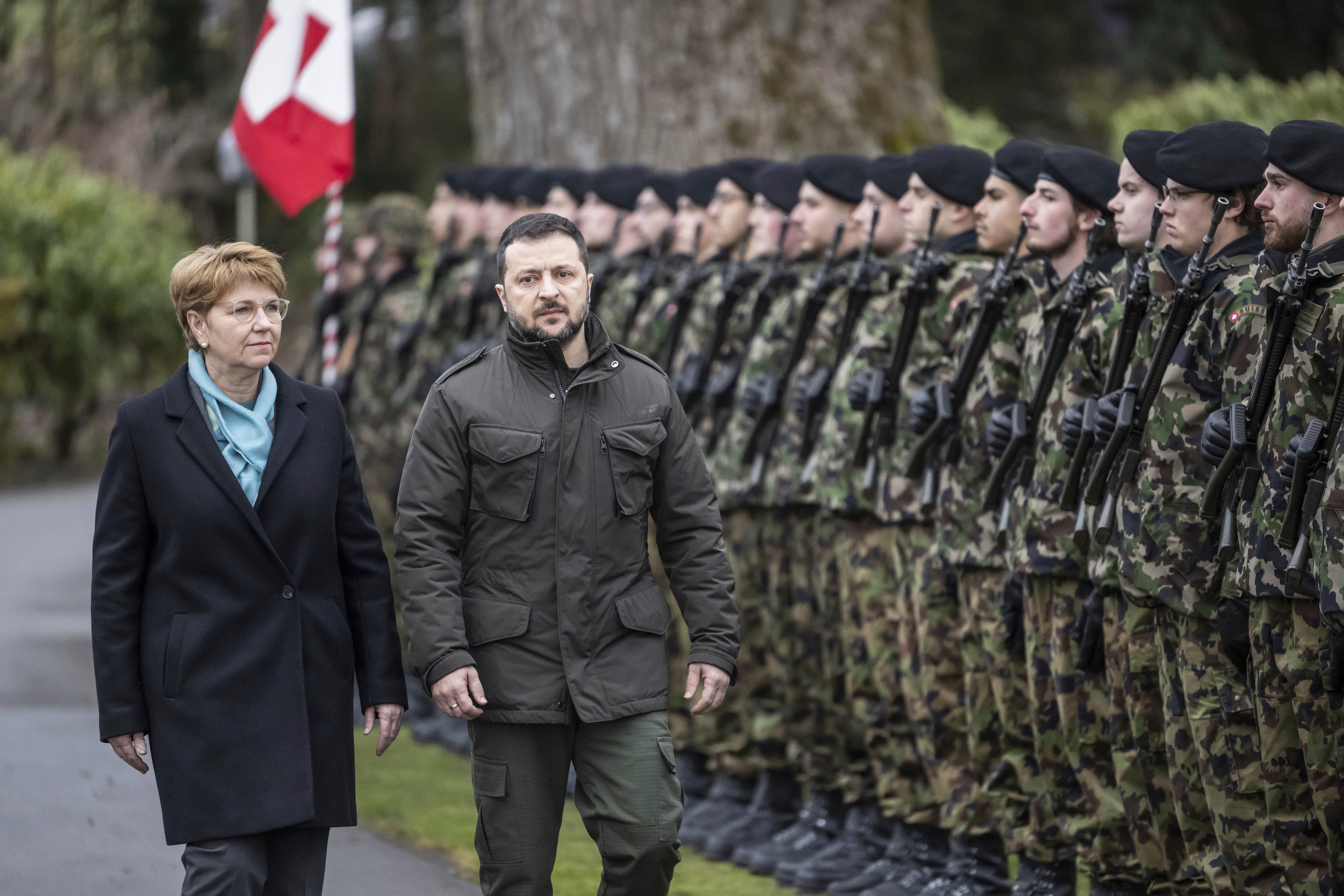‘Neutral’ Switzerland forced to boost defence spending
Switzerland’s government plans to boost its defence spending by up to 19%

Your support helps us to tell the story
From reproductive rights to climate change to Big Tech, The Independent is on the ground when the story is developing. Whether it's investigating the financials of Elon Musk's pro-Trump PAC or producing our latest documentary, 'The A Word', which shines a light on the American women fighting for reproductive rights, we know how important it is to parse out the facts from the messaging.
At such a critical moment in US history, we need reporters on the ground. Your donation allows us to keep sending journalists to speak to both sides of the story.
The Independent is trusted by Americans across the entire political spectrum. And unlike many other quality news outlets, we choose not to lock Americans out of our reporting and analysis with paywalls. We believe quality journalism should be available to everyone, paid for by those who can afford it.
Your support makes all the difference.Switzerland, known for being neutral in wars, is planning to boost its defence spending by up to 19% over the next four years.
The Swiss government is citing a rise in global instability, including wars in Ukraine and the Middle East, and gaps created when Swiss authorities cashed in on a peace dividend from the fall of the Berlin Wall decades ago.
Laying out mid- and long-range projections for military spending, Defence Minister Viola Amherd, who also holds the rotating Swiss presidency this year, said that as a result of cost-cutting measures over the last 30 years, “the army has been weakened,” and it would take time to make up lost ground.
"For the first time, we are indicating how the army must evolve in the next 12 years," Amherd told reporters on Wednesday. She said the weakening of Swiss defence was “not an accusation, but a fact, which can be traced to the fall of the Berlin Wall.”
The move reflects growing worries about security in the self-described “neutral” country that is all but surrounded by friends in the European Union, a 27-member bloc that does not include Switzerland. In recent years, Swiss authorities have decried rising threats in cyberspace and spying activities in the rich Alpine country.

Many other European countries and members of NATO — which also does not include Switzerland — have been beefing up their military spending in the wake of Russia's invasion of Ukraine in February 2022.
The Swiss military plans to raise the ceiling on defence spending to 25.8 billion Swiss francs ($29.2 billion) between 2025 and 2028, up from 21.7 billion francs in the previous four-year period.
Word of the planned increase came as the government announced a 1.4 billion franc deficit for 2023 and an across-the-board 1.4% spending cut in all other government departments except defence in its three-year financial plan.
Switzerland's government plans to use the extra funding to develop and upgrade radar systems, short-range missile defense, its tank fleet, missiles used by ground forces and cyberattack defence capabilities, among other things.